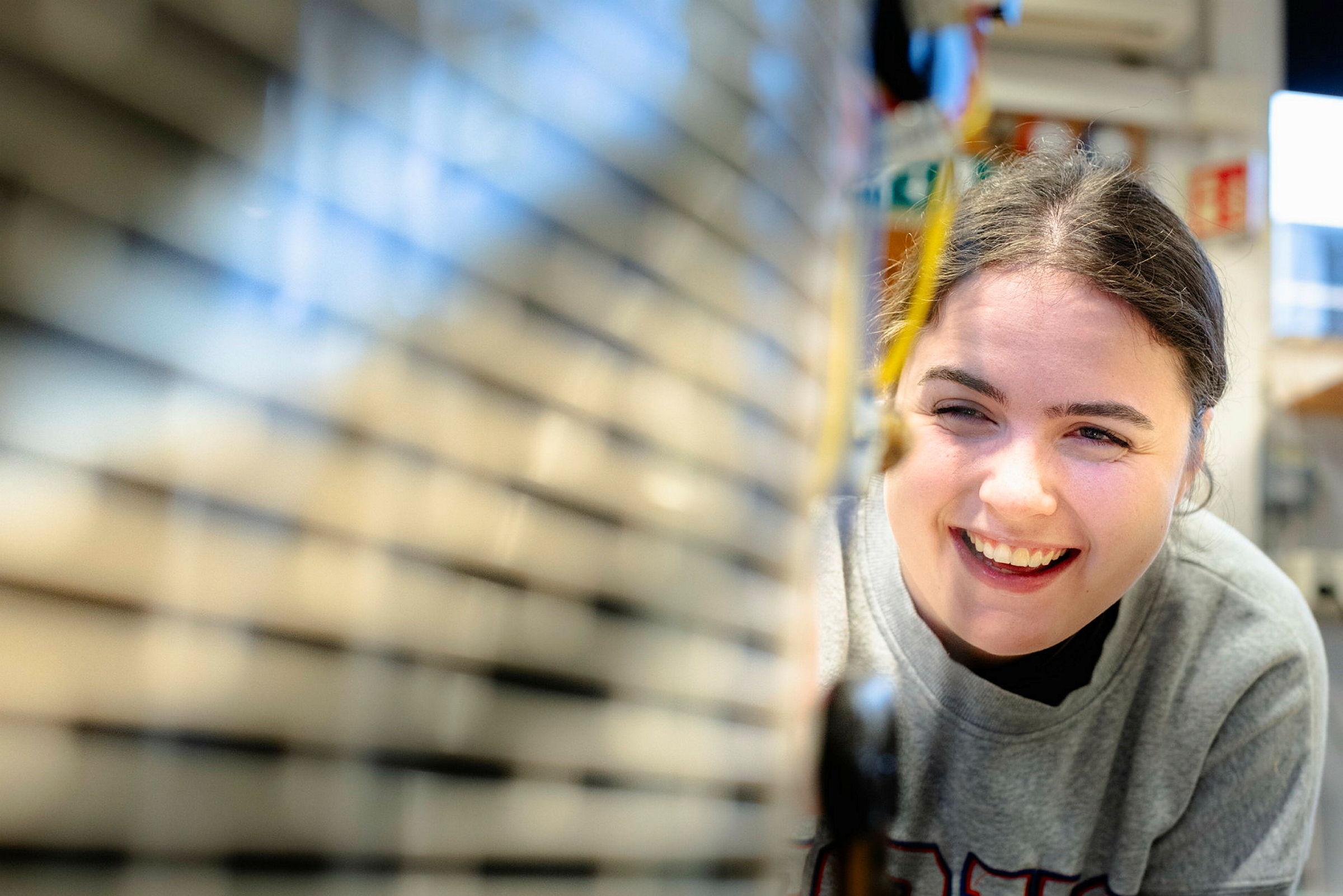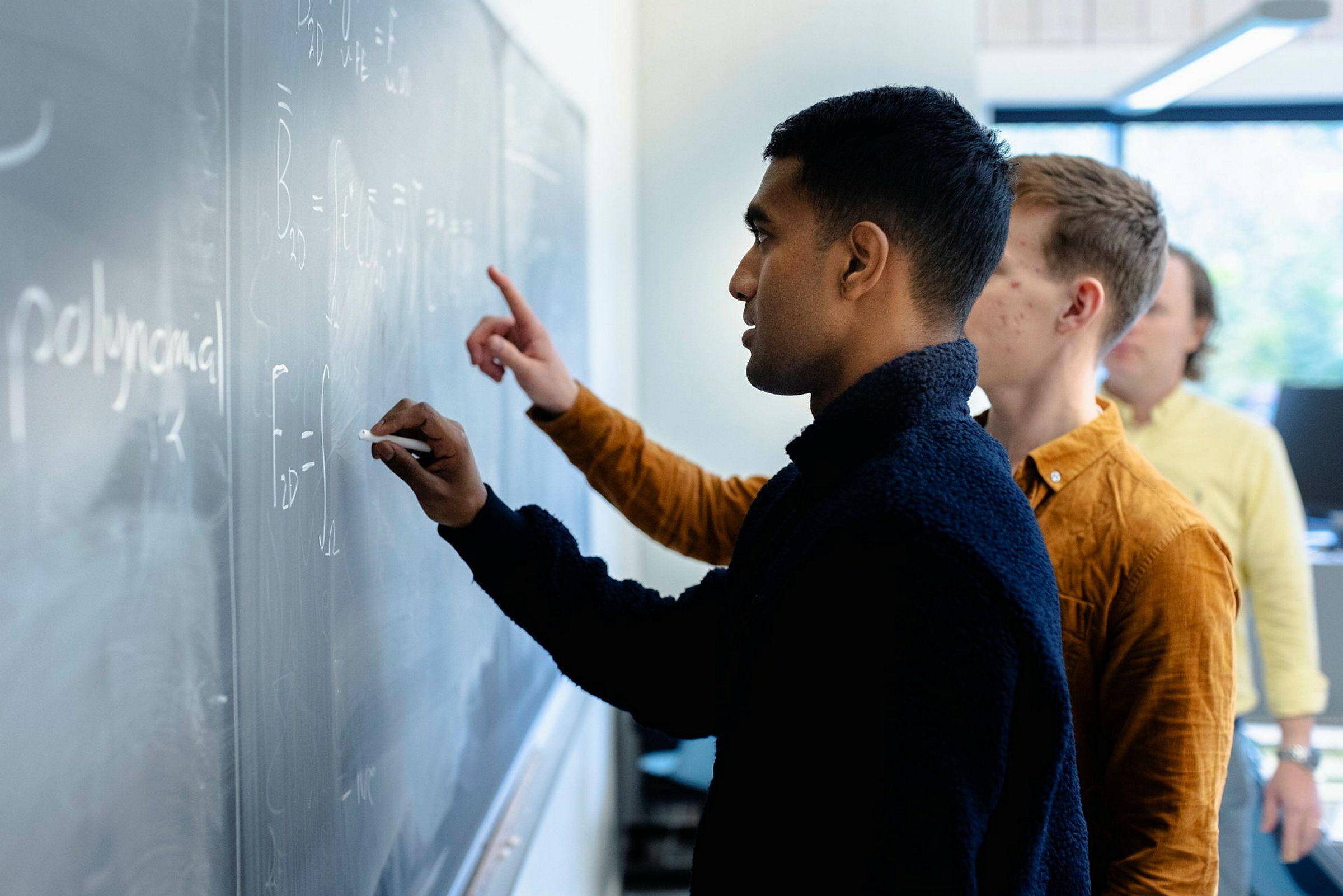One-year studyFull timeScience
One-year study
Full time
Do you want to try different science subjects before deciding what you want to study? Do you need science skills to start engineering studies? Choosing the one-year study program Science, you'll study one or more of the science subjects: Biology, Data science, Physics, Geography, Informatics, Chemistry, Mathematics, or Statistics.
This study is taught in Norwegian only. You'll find more information about the program on the Norwegian website.
Number of students:
30




